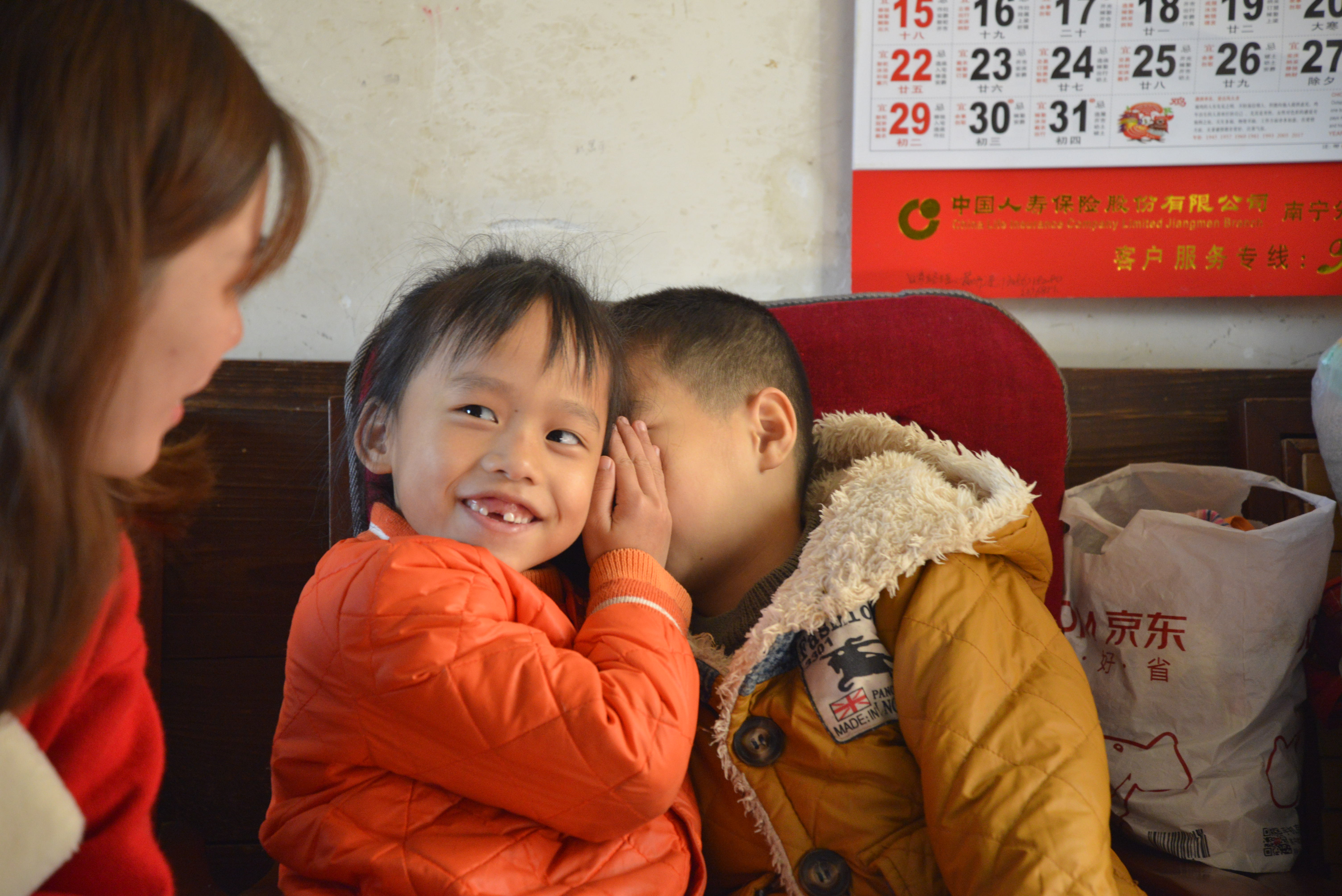
What makes a family the right family for an older adopted child — meaning a child who will arrive home at 5 years or older? Two adoption experts weigh in on the characteristics they look for in families for older children …
Abbie Smith is a licensed clinical social worker whose specialty is working with adoptees and adoptive families. She has been working with adopted and fostered children and their families for 27 years. She is also the mother of a now 27-year-old whom she adopted at age 7.
- Flexibility is the number one characteristic I look for in a parent who would be successful parenting an older child. Parents of older children need to loosen up so they can bend and flow with whatever comes their way. They may also need to be able to stretch to keep their nose above water.
- I look for parents who can laugh at themselves and whatever life brings. In international adoption, bringing an older child into your family who speaks a different language, has a different religion, looks different, and doesn’t know how to use a fork and knife or a western toilet can provide some unique experiences. All of this will go down much easier with a hearty dose of laughter.
- Mindfulness is the ability to think about your feelings as you are feeling them. It’s also the ability to stay present and think about how to respond to your terrified, but belligerent, child — and not just simply react.
- Parents of older kids need to have a willingness to try new things — some of which you never thought you would do. This might be giving piggy back rides to your 14-year-old, singing lullabies to your 16-year-old or spoon feeding your 10-year-old. This might also look like celebrating his first English word, first bite of pizza, first time touching snow or first day of school.
- Creativity! Parents of older adopted kids need to use different parenting approaches with each of their kids. One size does not fit all! Try a lot of different approaches with each of your kids and note who responds to what. Don’t get complacent though! What works on Monday may be a disaster on Tuesday.
- Adoptive parents need to be good at relay races, or at least knowing when to pass the baton to their partner when their efforts are not effective. None of us can be on top of our game all the time, and good teamwork gets everyone further.
- I like lousy housekeepers! Older adoptive parents will need to value being with the kids over the sparkling appliances. Family movie night on Friday might look like a heap of blankets and snacks crumbs come Saturday morning because you were having too much fun spending time together to get everything cleaned up.
- Parents of older kids need to be playful, no matter what your child’s age. The wrestling, the snowball fights, swimming at the lake, tag and rolling in the leaves — these are all key to bonding.
- Parents need to be able to just be quiet and listen to your child’s breathing, or reach out and hug him for no reason.

As a social worker for Holt’s China program, part of Amy Castle’s role is to support families adopting older children (age 5+). She provides resources to help families prepare to parent a child who has experienced institutionalization and trauma, and also works with Holt’s overseas staff to prepare their child for the adoption transition. Here, she shares a few characteristics that lead to the most successful older child placements.
- Flexibility: I often have long conversations with families about a spectrum of behaviors they might see once their child comes home. The key is that you’ll never really know what you might see or experience until your child is in front of you. It’s best to “prepare for the worst but hope for the best.” Families who approach their day-to-day lives with flexibility often have smoother adjustments adding an older child into their lives.
- Open expectations: Children adopted at an older age may not be ready to “launch” at 18 like a typically developing biological child. Seeing value in each individual child reaching their own unique milestones will bring joy to both the family and the child.
- Knowledge about Chinese culture and language: Older kids are often most worried about being able to communicate with their new family since the majority have very little English-speaking abilities. By learning some of the child’s language and educating yourself on Chinese customs, families can be the bridge their child needs to adjust more easily to a new life in a new culture.
- Excitement about a new set of “firsts”: Families adopting older kiddos won’t see their child’s first steps or first words, but they will get to experience a whole new set of firsts, like first time swimming, first time seeing a movie, etc. Each child’s history is different, so a family might get a bunch of new “firsts” they didn’t expect!

Older children are waiting for families!
Many children wait longer for a family simply because they are older in age. Could you be the right family to adopt an older child? Meet some of the children who are waiting!

